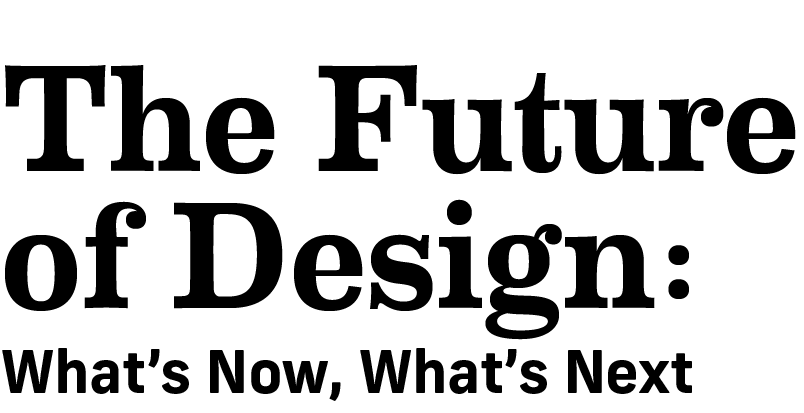This week brings the annual Environments for Aging (EFA) Conference to the Baltimore Marriott Waterfront, offering attendees the opportunity to learn about and discuss new strategies and design approaches for senior living environments. Produced by the publishers of Environments for Aging and Healthcare Design, the event kicks off today and will run from April 18-21.
The agenda includes three keynote presentations, starting with an opening session at 8:30 a.m. on Sunday, April 19, from geriatric psychiatrist Marc Agronin on how the built environment can facilitate caring relationships between seniors and caregivers. Also on Sunday, Jane Rohde, Green Globes assessor and principal at JSR Associates Inc., will receive The Center For Health Design’s Changemaker Award (3:15 p.m.), the first time The Center has presented its award at the EFA Conference.
At noon on Tuesday, April 21, Sara J. Czaja, the Leonard M. Miller Professor of the Psychiatry and Behavioral Sciences, and a professor of industrial engineering at the University of Miami, will deliver the closing keynote with a presentation on the future of aging and the role that technology will play in meeting the needs of seniors.
More than 45 breakout sessions are being offered across nine tracks: Design Strategies and Solutions, Process Planning and Teamwork, Home and Community-Based Aging in Place, Supporting and Improving Memory Care, Interactive Roundtable Discussions, Innovations in Technology, Environments for Healing and Wellness, Successful Remodeling and Repositioning, and Case Studies.
Several new elements have been added to this year’s program, too, including three interactive roundtables on new housing models, trends in gerontology, and dementia care. These hour-long discussions are scheduled throughout the day on Sunday, April 19, and are designed to give moderators and attendees the chance to interact and ask questions. (For schedule times, visit EFAConference.com.)
Also new this year are three deep-dive sessions, which last two hours and aim to provide attendees with a comprehensive understanding of new initiatives, case studies, and research. They include:
- Renovation Realities: Creative Conversion of Medical Models, 8-10:15 a.m., Monday, April 20: This discussion will provide the perspectives of an owner, architect, interior designer, and general contractor to convert traditional skilled nursing facilities into person-centered models without requiring new construction. Speakers will share real-world experiences and creative design solutions.
- Environments and Experiences of Memory Changes: Hearty Lives Inspired by Design, 2:30-4:45 p.m., Monday, April 20: Attendees will learn to infuse memory care settings with movement and expand beyond “seated” group reminiscence to hands-on discovery. Learning objectives include how to identify engaging program objectives and their design impact as well as how to apply innovations in various contexts.
- Georgia Tech HomeLab: A Research Initiative to Study Aging in Place, 8-9 a.m. and 10:45-11:45 a.m., Tuesday, April 21: Hear the latest in-home research on aging and technology through the methodology of Georgia Tech’s HomeLab, which brings together a multidisciplinary team of researchers and a community of more than 550 older adults. Discussion will also include identifying accessibility and mobility barriers, health and safety issues, and fall risks in older adults’ homes.
For more information on the conference and for live coverage from the editors, visit EFAconference.com. And watch for updates on Twitter by following the hashtag #EFACon.









